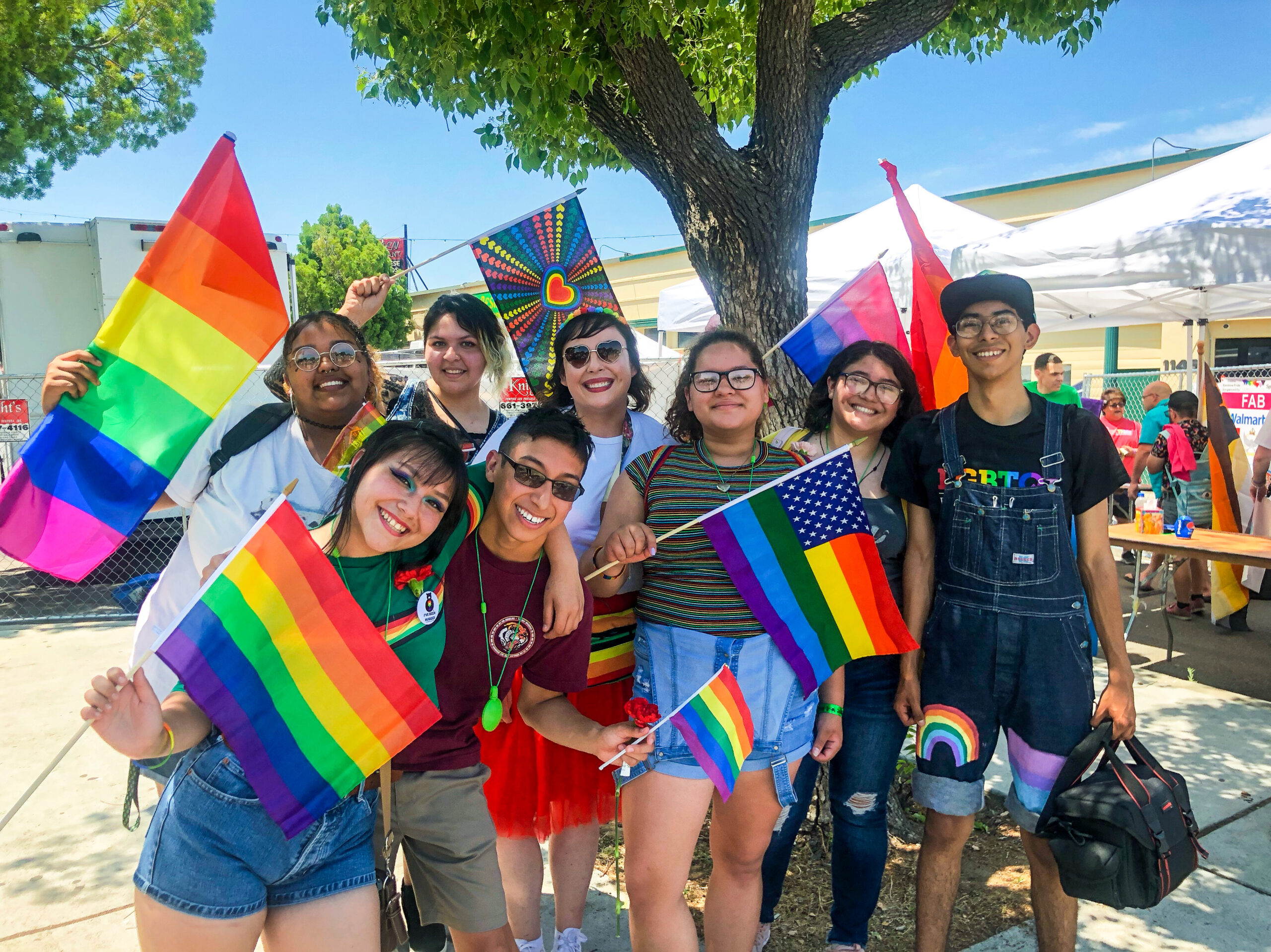I haven’t known for all that long about this and there aren’t many people I really trust, so I haven’t told anyone about my HIV. The only people who know are my family, my doctors, and people at Camp Kindle. That’s why I’m writing this article under a pseudonym. Since only a few people know about it, I’ve never had to personally deal with discrimination, however, I’ve heard stories of people discriminating against other people with the virus. An example of this is when a school in Pennsylvania denied admission to a kid because he was HIV positive.
At this point, I bet you’re wondering what the point of this article is. The point is that there are many myths out there about HIV and AIDS and there are a lot of people who believe them, so I’m hoping that by reading my story you realize that not everything that people say about them is the real and whole truth.
For me, being HIV positive hasn’t been all that bad. I really haven’t had it all that hard since it isn’t public information and I’ve only had one major health issue that this virus has made worse than it should have been. I do know of people who have had a tough life because of HIV or AIDS, whether it’s because of discrimination, or because of health complications that were made worse by the virus.
[pullquote_right]It seems like things in South Africa, as far as preventing HIV and AIDS go, are improving. Unfortunately, the same can’t be said for women here in America.”[/pullquote_right]Studies have shown that the percentage of women in South Africa who pass on the virus to their children has gone down. This is because for the past couple years, South Africans have been investing in ways to fight HIV and AIDS. In fact, 95 percent of the women there are now getting the antiretroviral treatment they need to protect their children. Also, the number of new infections that occurred between 2001 and 2009 dropped by 22 percent. It seems like things in South Africa, as far as preventing HIV and AIDS go, are improving. Unfortunately, the same can’t be said for women here in America.
According to a team of US AIDS experts, the yearly number of new HIV cases among black women in Baltimore and some other major US cities is five times higher than originally thought. As a matter of fact, a recent study has shown that the HIV rate among black women in some cities here in the US is as bad as some countries in Africa. It’s unfortunate and sad that HIV is as bad as it is here in America, especially since we’ve always been the more developed country. I also feel sad for the children out there who will have the virus and will have to deal with the problems that come with it.
I am one of the 1.1 million people infected with HIV in the US, and one of Fresno County’s 1,908 total reported cases of HIV. As of March 2011, adolescents between the ages of 15 and 24 years in Fresno County accounted for nearly 20 percent of all HIV cases in the county. I’m one of those adolescents. In 2010, Fresno’s only AIDS clinic closed due to lack of funding. HIV among teens in Fresno can’t be ignored, but according to a recent NPR poll, young people don’t think having HIV is a big deal. HIV shouldn’t be taken lightly, but people should also be careful about spreading harmful stereotypes about the virus.


